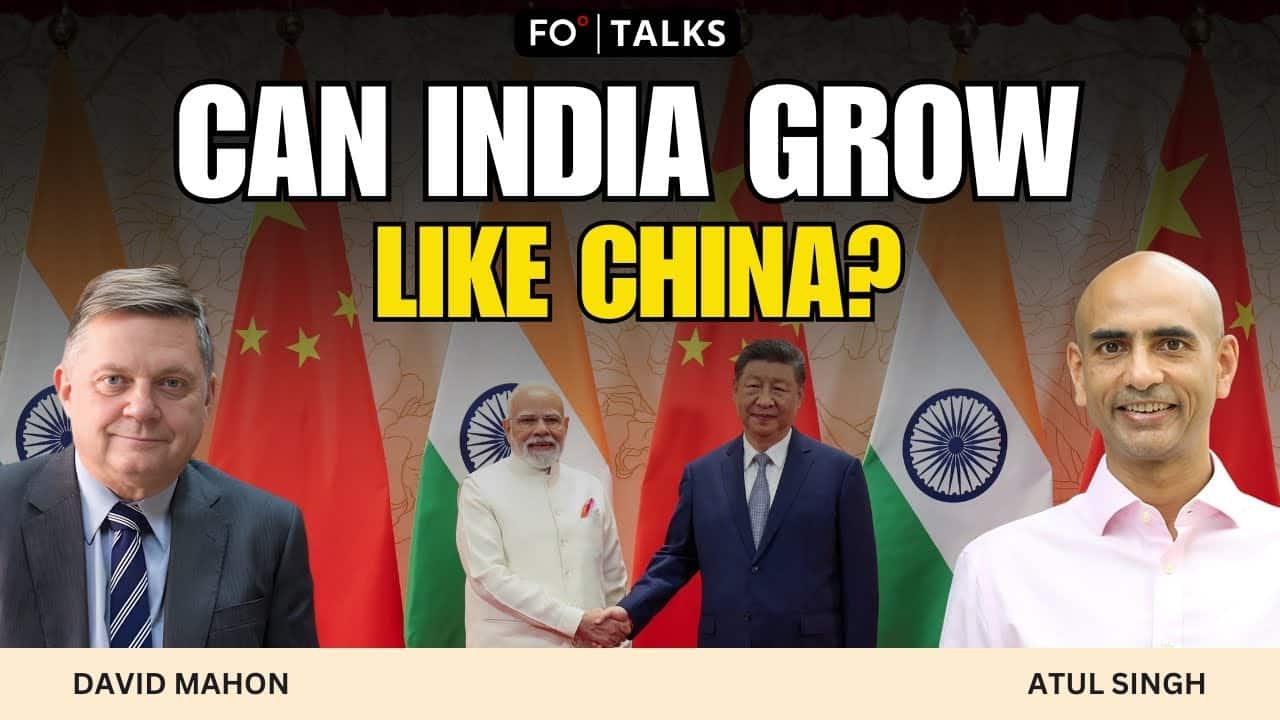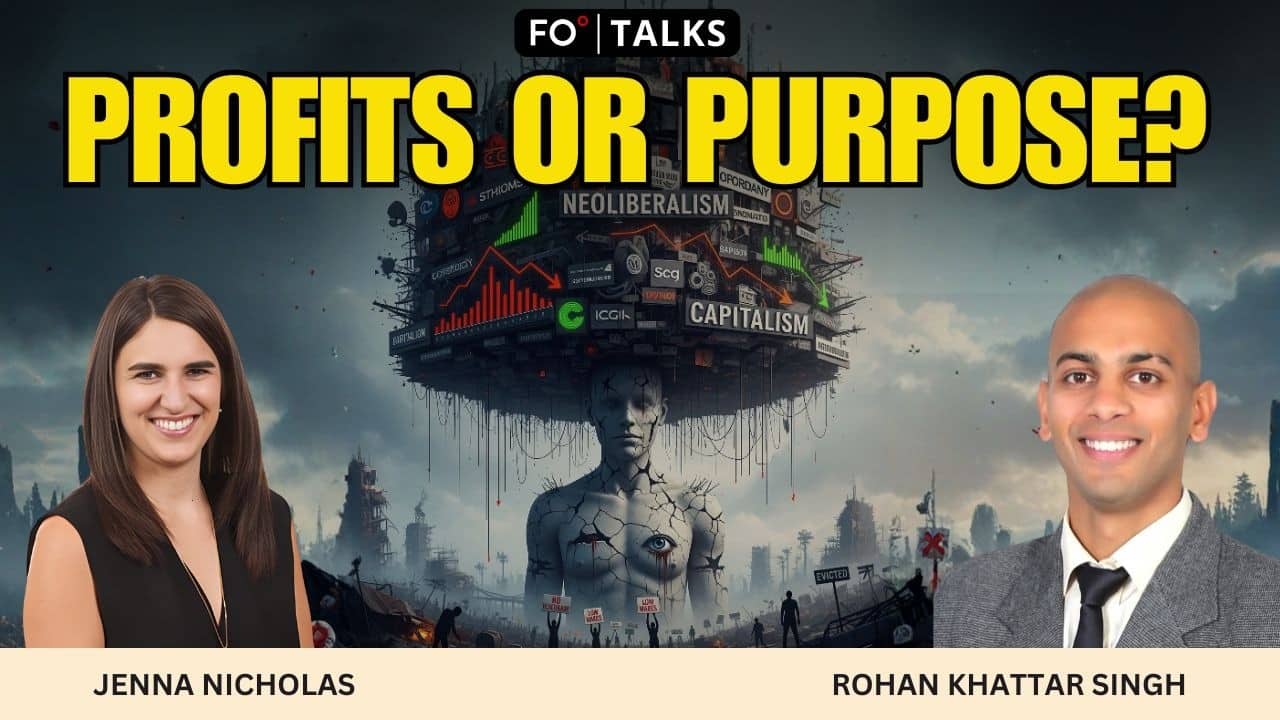The Russia-Ukraine crisis has unleashed inflation around the world. Russia produces not only oil and gas but also foodgrains and commodities like nickel and copper. There are no alternative suppliers who can step in to fill the gap.
Rising inflation means an end to the Goldilocks economy of low interest rates that began in 1991. Then, the Soviet Union fell. In 1992, Deng Xiaoping’s Nanxun tour, the historic tour of South China, put China firmly on the market reforms path. As a result, China became the factory of the world. This entry of hundreds of millions of workers from the former communist and socialist economies dampened labor costs. Inflation declined dramatically, allowing low interest rates to prevail. Central banks failed to calibrate this dramatic shift in the new realities regarding inflation.
After the 2007-08 financial crisis, central banks did not only lower interest rates but also practiced quantitative easing. This policy is a modern way of printing money. This monetary easing, the unleashing of liquidity in the economy, led to asset market bubbles. This has parallels with the Spanish and Portuguese finding silver in modern day Latin America, a third of which found its way into China and led to the collapse of the Ming Dynasty.
That La La Land era of low inflation and low interest rates is now over. The Soviet collapse in 1991 caused a benign supply side shock. The Russian invasion of Ukraine in 2022 has caused a malign supply side shock. Now, interest rates have to rise to keep the price of milk, bread, eggs and butter, if you can afford it, in check. However, rising interest rates will make life difficult for businesses and households with mortgages.
Debt has become more expensive and servicing the debt has become more difficult. Indebted households, companies and countries will now be in trouble. During the COVID era, fiscal loosening, i.e. spending more than earning, increased debts dramatically. Servicing these debts has just got more difficult.
On June 28, the World Bank observed that 58% of the world’s poorest countries are in debt distress. The danger is spreading to some middle-income countries too. In the words of the World Bank: “High inflation, rising interest rates, and slowing growth have set the stage for financial crises of the type that engulfed a series of developing economies in the early 1980s.”
China’s economic decline has lowered Chinese demand for commodities from suppliers from places like Latin America and Africa. These economies now have to pay higher bills at the same time as many face an earnings crisis. Their current account deficits are rising and so are their debts. Countries like Argentina, Turkey. Ghana and Sri Lanka are being called submerging economies.
Rising inflation, interest rates and debt are causing a massive squeeze on the global economy. After the heady days of fiscal loosening and quantitative easing, a prolonged global recession and a decade of low growth, if not stagnation, loom ahead. The chickens have come home to roost.
The views expressed in this article are the author’s own and do not necessarily reflect Fair Observer’s editorial policy.








































Comment